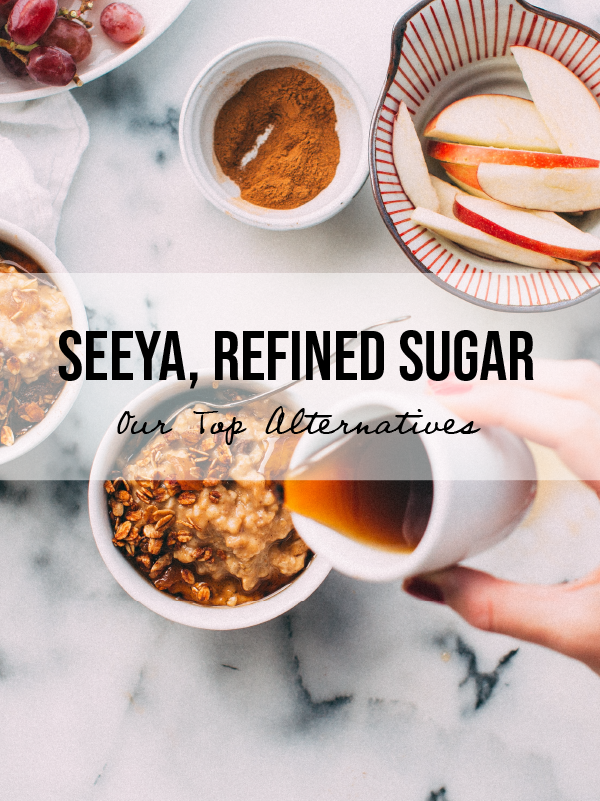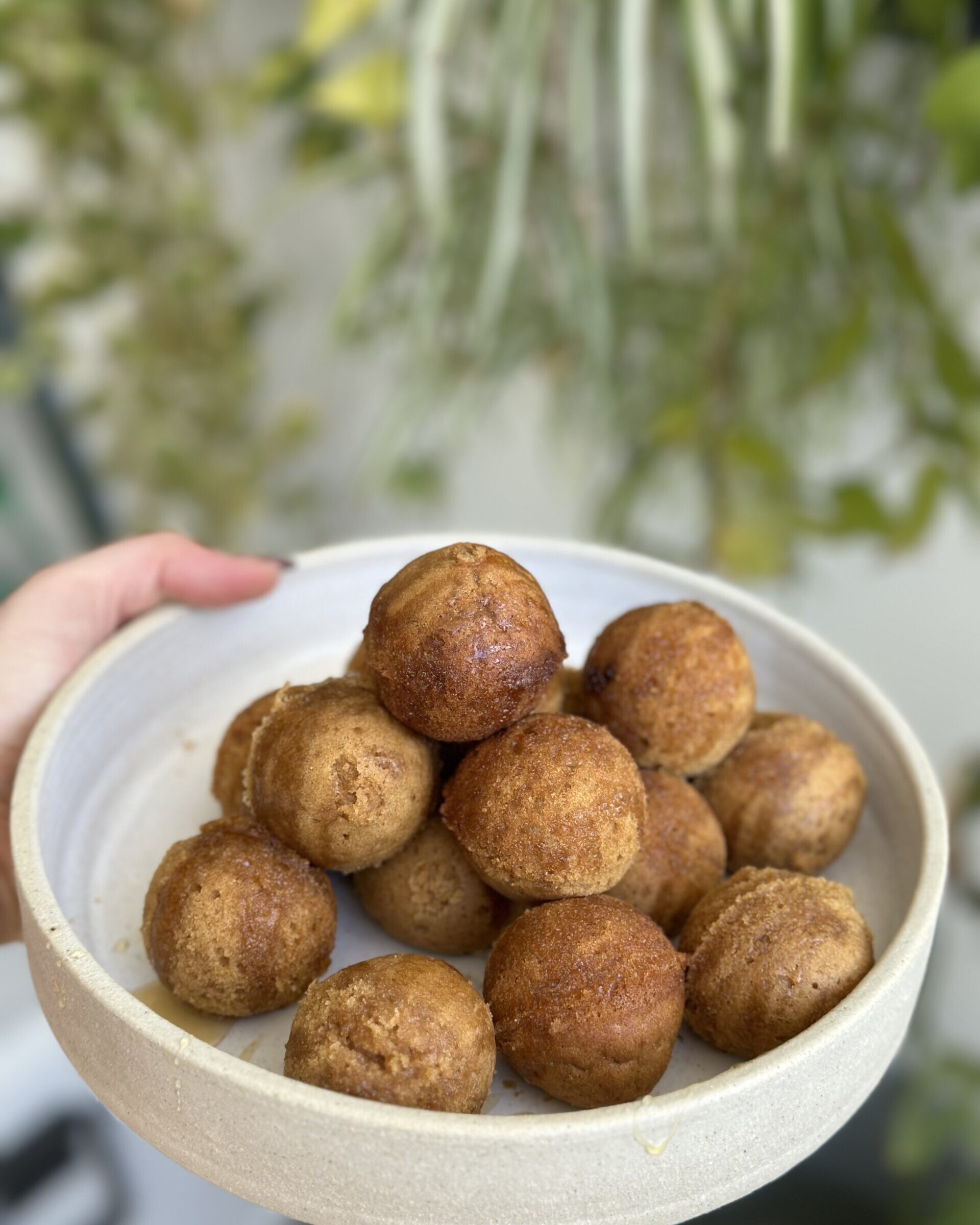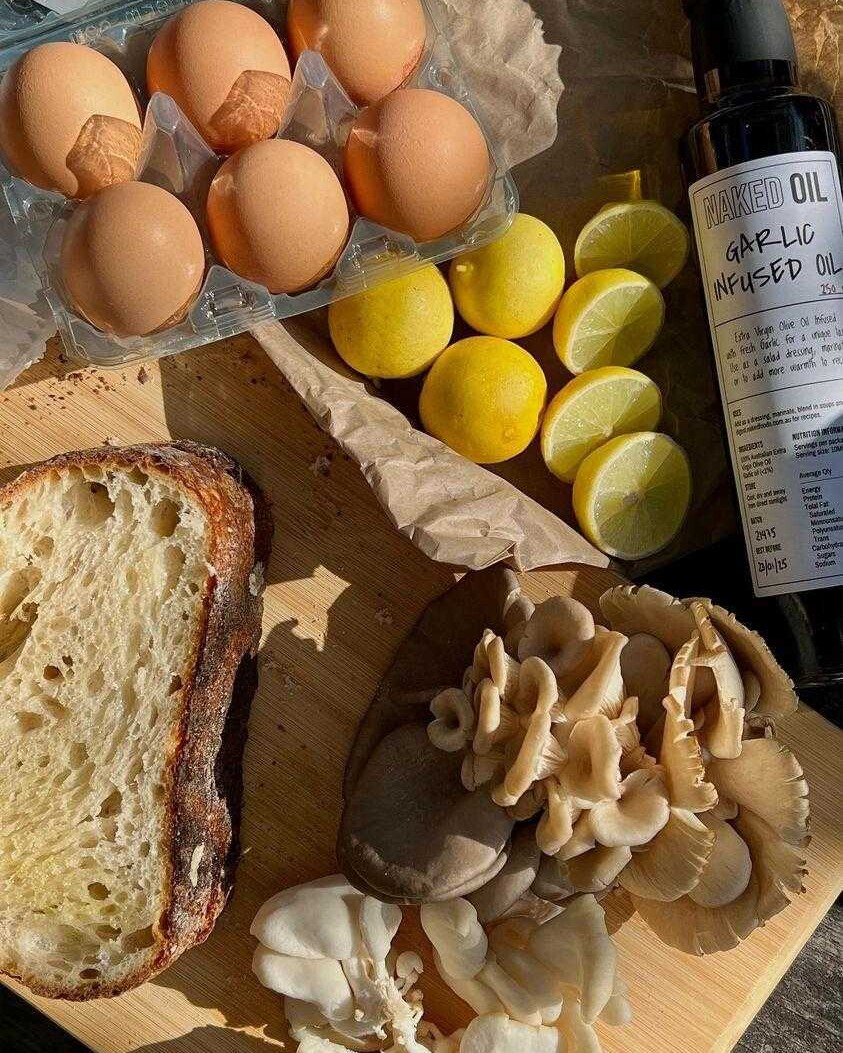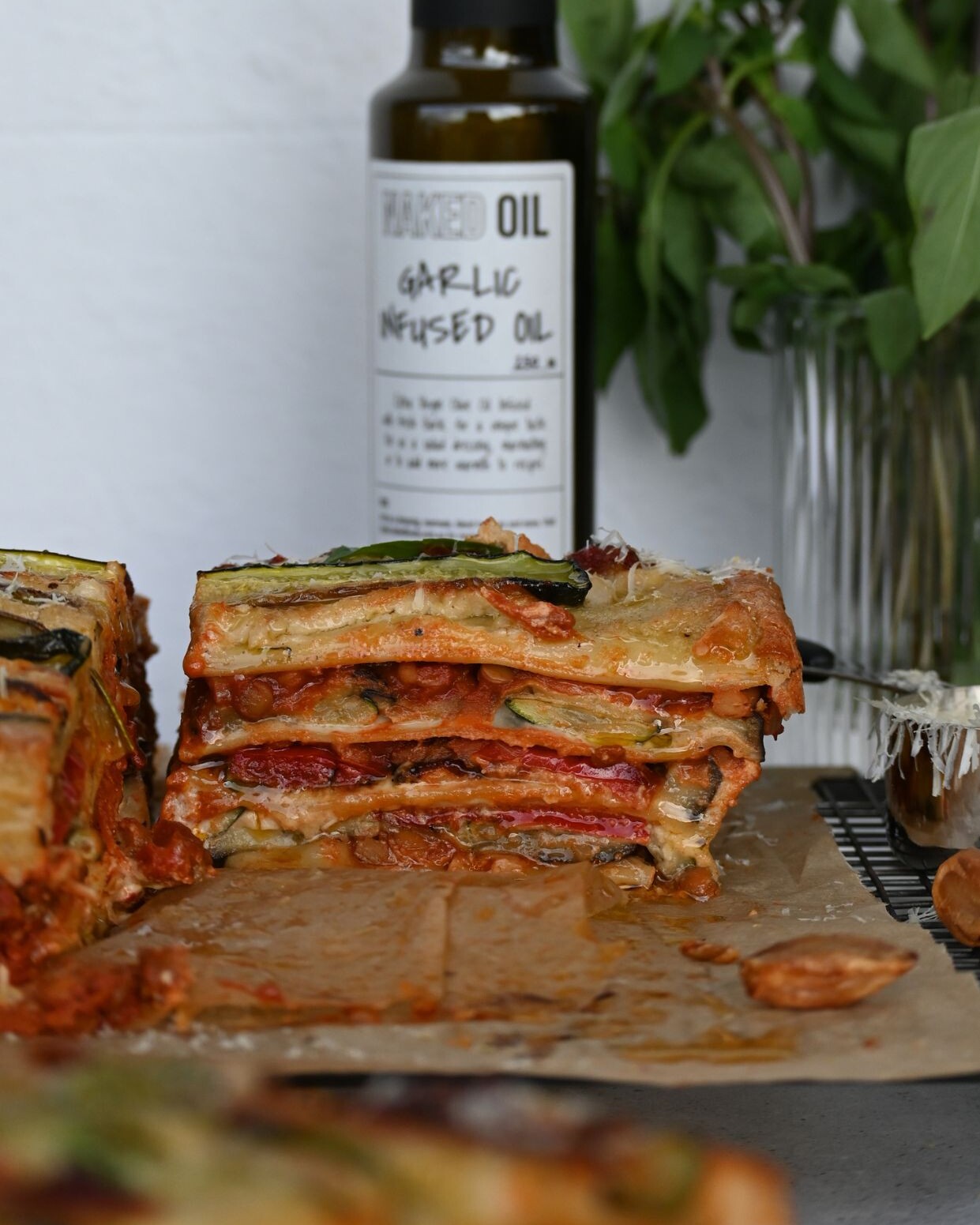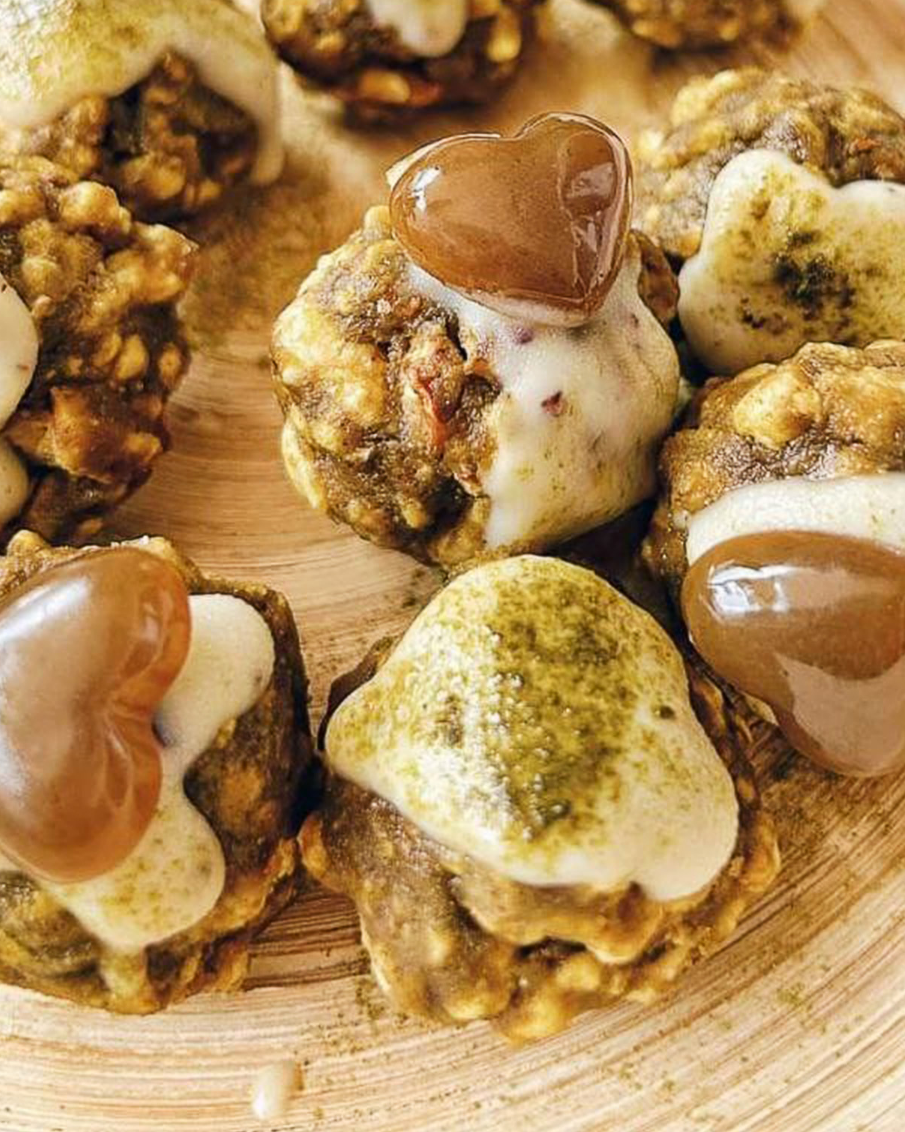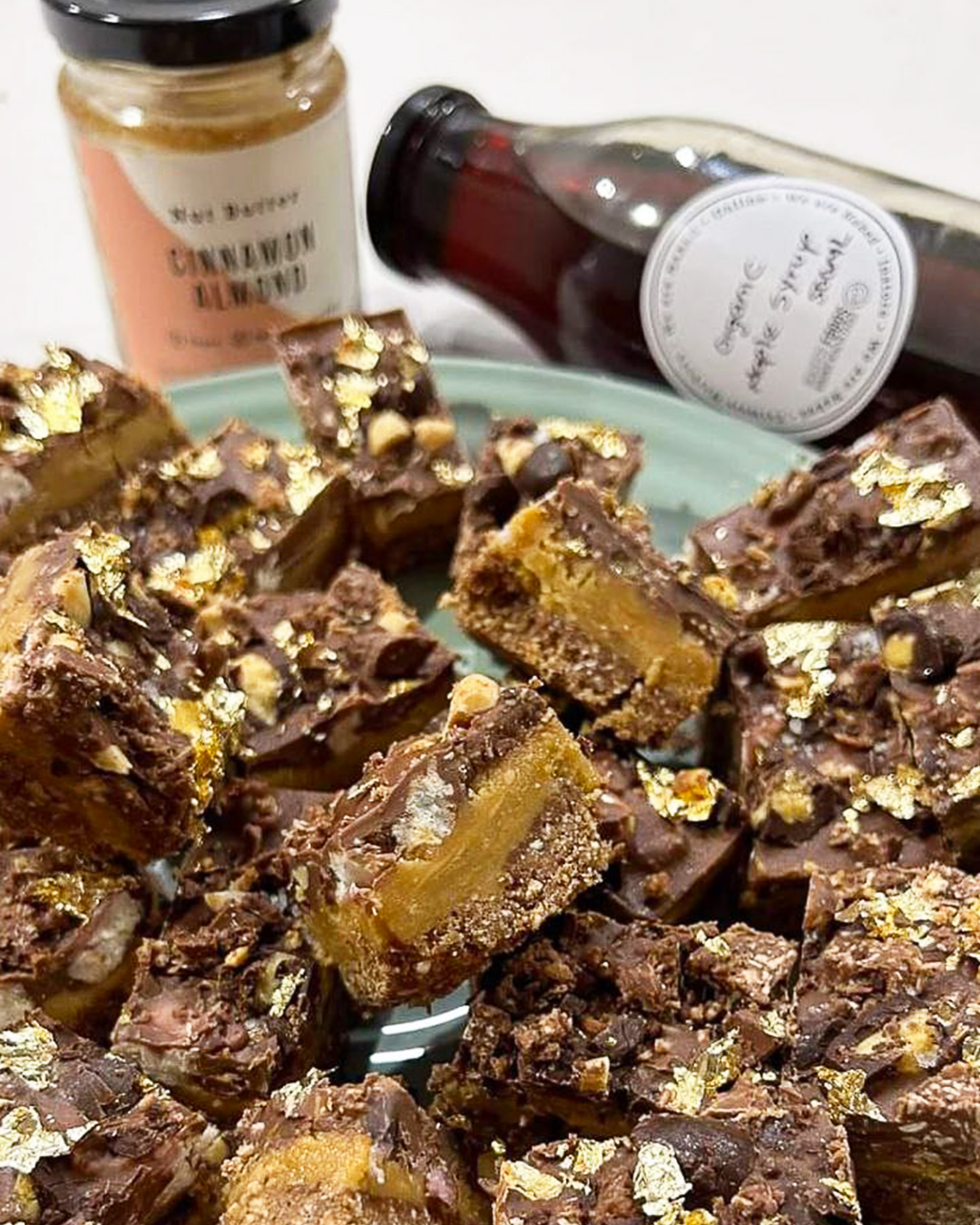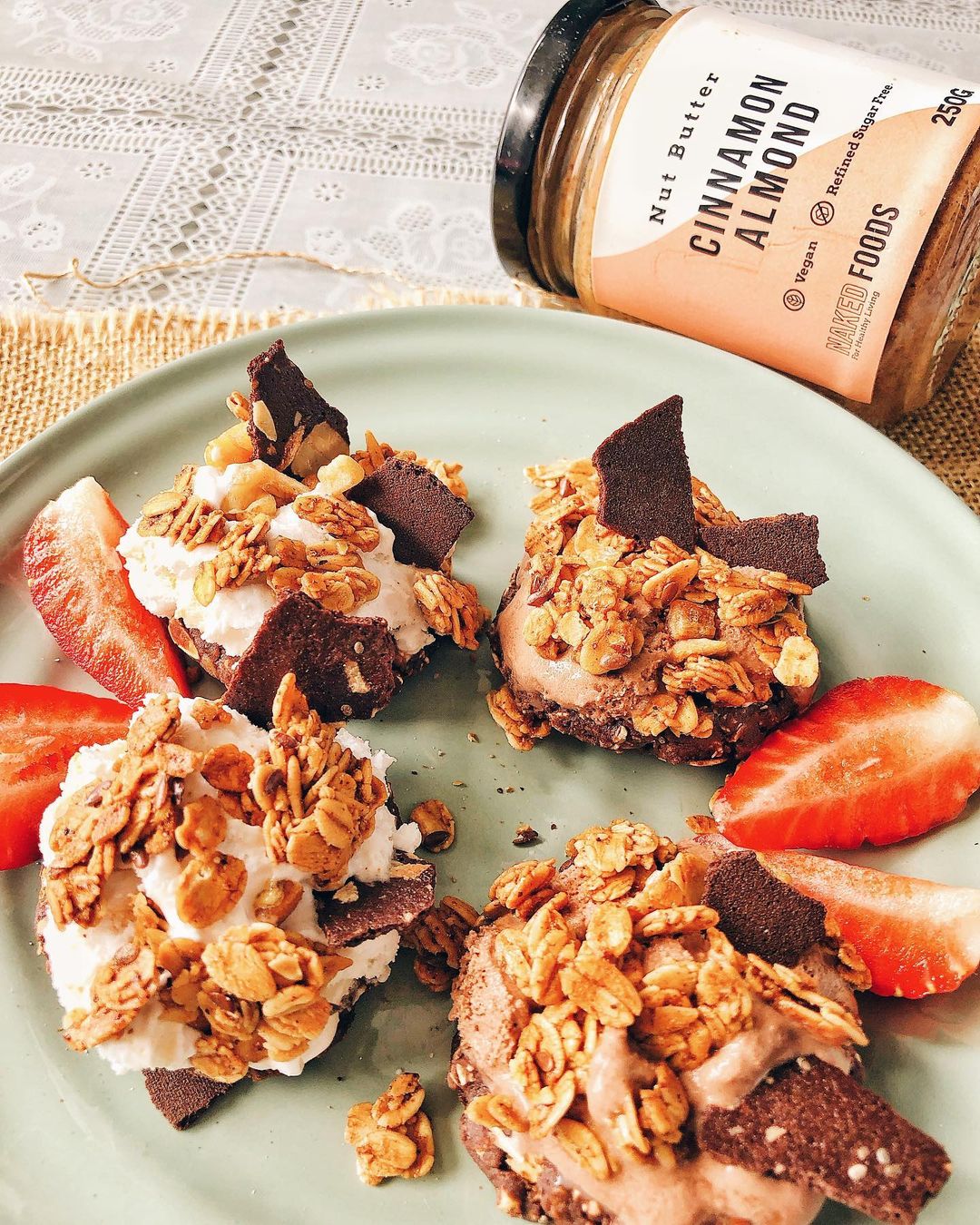Sugar is a sweet-tasting carbohydrate that gives our bodies energy by converting it into glucose. It is a natural byproduct of photosynthesis, the process whereby plants transform sunlight into energy, and can be found in fruits, vegetables and even nuts. And while sugar does comprise portions of the chemical compounds of some plants, high quantities of refined sugar have adverse effects on human health. From tooth decay to an increased risk of obesity, here are 5 alternatives to refined sugar and why you should avoid it in the first place.
What’s the Wrap on Refined Sugar Anyway?
Refined sugar is sugar that has been extracted, either from sugar beet or sugar cane, and refined for the purpose of sweetening foods. It consists of sucrose, a combination of fructose and glucose, and is one of main sweeteners used throughout the world.
As chronic health problems and obesity are on the rise, too much refined sugar is believed to be a crucial contributor to the problem. While sugar does provide energy and add flavour to food, it’s metabolised at a rapid rate and offers little nutritional value. Blood sugar and insulin levels rise as sugar builds up in your blood stream and can cause spikes that induce blurred vision, fatigue, headaches and more. If sugar builds up in the bloodstream over a long period of time, it causes damage to blood vessels, nerves and organs which propels disease within the body.
Here are our 5 favourite alternatives to refined sugar.

5 Alternatives to Refined Sugar
Coconut Syrup
Coconut syrup is a natural sweetener made from the nectar of coconut palm flowers. By extracting the nectar and storing it in bamboo containers under controlled evaporation until it reaches the consistency of a syrup, coconut syrup has a GI of 35 (opposed to refined sugar that has a GI of 68) and contains minerals, vitamins and antioxidants. It’s suitable for people on paleo, vegetarian and vegan diets.
Honey
Honey is a natural sweetener produced by busy bees. Made by collecting flower nectar and storing it inside the honeycomb for later, the design and constant fanning of their wings evaporates the nectar into a liquid product. It has a GI ranging from 45-64 depending on how it’s made and is host to a range of minerals absent in refined sugar and vitamin B6. It’s suitable for people following paleo and vegetarian diets.
Maple Syrup
Maple syrup is a natural sweetener made from the sap of the North American maple tree. By extracting the sap from the tree and boiling it until the water evaporates and it resembles a syrup, maple syrup has a GI of 55 and is host to minerals such as calcium, copper, magnesium and more. It’s suitable for people following paleo, vegetarian and vegan diets.
Molasses
Molasses is a sweetener that’s produced as a by-product in the sugar-making process. Made by boiling down sugar cane or sugar beet juice until sugar crystals form and are removed from the syrup, molasses has a GI ranging from 55-60 and is host to minerals such as magnesium and potassium. It’s suitable for people following paleo, vegetarian and vegan diets.
Rice Malt Syrup
Rice malt syrup is an alternative to refined sugar crafted from organic brown rice. By culturing the rice with enzymes to break down the starch and then cooking it until it becomes a syrup, rice malt syrup consists of complex carbohydrates glucose and maltose and is 100% fructose free. It’s suitable for vegetarians, vegans and anyone living fructose-free.
Georgie Gleeson
Georgie is a copywriter and blogger from Sydney, Australia. With a focus on food, health and sustainability, her work spans from commercial blogs to independent publications. You can follow Georgie and her work at her blog yayleo.com.
Note: Content in this article is for informational and educational purposes only. Individuals with health conditions such as diabetes are advised to make changes to their diet under the guidance of trusted health practitioners.

